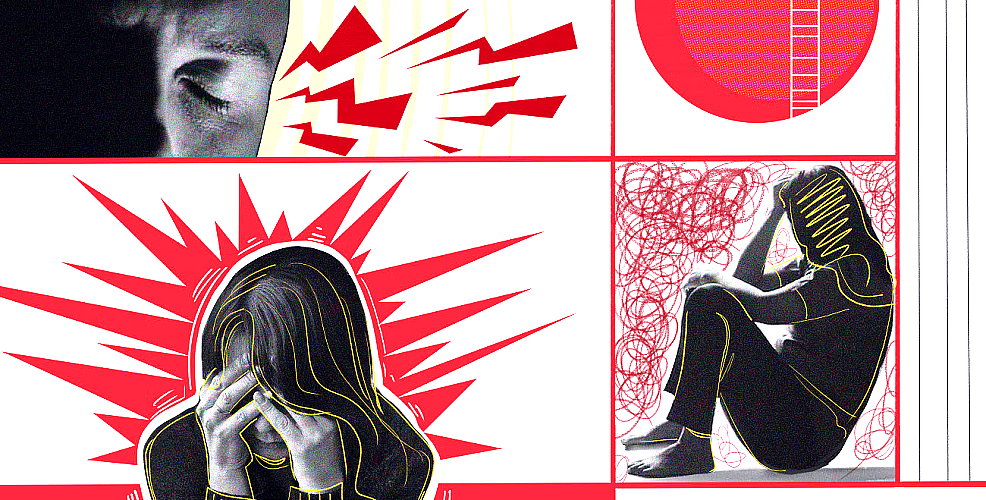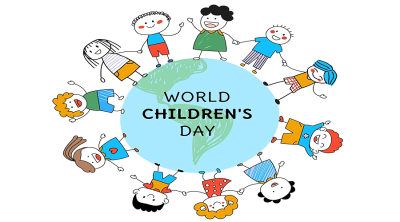
The surge in depression among today’s youth is a complex puzzle, with pieces scattered across the intricate tapestry of our swiftly changing world.
While I lack the expertise of a psychiatrist or therapist to dissect the intricacies of brain functionality, my aim is to unravel the societal dimensions that contribute to this concerning upward trend.
In the vast panorama of human civilisation, societal evolution unfolds through both material and non-material culture.
Material culture encompasses the tangible—from technology to consumer goods—while non-material culture comprises beliefs, language, ethics, and social standards.
The challenge arises when the relentless march of technological and material progress outpaces the evolution of ethical and ideological frameworks, resulting in what sociologists term a “cultural lag.”
This cultural lag spawns a mental dilemma, echoing throughout society.
As technological advancements soar, our non-material aspects (particularly ethical and ideological understandings) struggle to keep pace.
This dissonance gives rise to societal issues, reflected in the collective mental health challenges we witness today.
In the race for societal progress, marked by rapid infrastructural development and the accumulation of wealth among the few, a pervasive pursuit of success ensues.
Success, often defined by the acquisition of material wealth, ushers in a dichotomy.
A minority races ahead, acquiring cars, houses, and material abundance, while the majority, yearning for similar goals, finds itself lagging behind in an unforgiving rat race.
The resulting feelings of inadequacy and insignificance cast a shadow over the majority, fostering a breeding ground for mental health struggles.
This disparity extends beyond material pursuits, seeping into ideologies and ethics.
The rapid success of a select few triggers self-reflection among the rest, making them question whether their ethical or ideological beliefs are hindering their progress.
This internal conflict spawns a new form of societal alienation.
Individuals feel disconnected, alone, and unable to cope with the breakneck pace of societal advancement.
In traditional settings, specific demographics—such as married women with strong religious or family bonds—historically exhibited a lower propensity for suicide.
Despite being labelled as “unsuccessful” by conventional standards, their resilience stemmed from the support structures embedded in religion, family, and cultural affiliations.
The crucial factor lies in the sense of belonging within these social organisms.
However, in contemporary Bangladesh, a departure from historical profiles is evident.
The youth, usually part of families, find themselves disproportionately affected by the rising tide of depression.
This shift raises questions about the evolving nature of stressors in society, necessitating a nuanced exploration.
Current research attributes the soaring youth suicide rates to several factors, with lack of motivation taking centre stage.
In addition, the absence of a driving force to pursue goals is a pervasive issue among the youth.
In the context of Bangladesh, concerns about post-education employment prospects act as a significant demotivator, casting a cloud over young people’s mental well-being.
Simultaneously, the lack of physical movement and mobility compounds these challenges.
Sedentary lifestyles, that are devoid of exercise or engagement in physical sports, contribute significantly to the youth’s declining mental health.
Moreover, a lack of trust in conventional success—particularly among students fearing unemployment after completing their studies—serves as a potent force driving mental distress.
Amidst these challenges, family involvement—rather than playing a supportive role—often exacerbates the negative effects.
Expectations, whether real or perceived, add to the burden.
Families, perhaps unknowingly, may be setting unrealistic standards and pressuring their children from a young age to excel beyond their capabilities.
In urban settings, the lack of accessible sports centres and open spaces intensifies the mental health challenges faced by the youth.
The culture of physical movement—once a source of enjoyment—has withered away, leaving a void detrimental to mental well-being.
Economic constraints further compound the issue, limiting physical activity options for those without financial means.
The weight of expectations extends beyond familial aspirations and to personal ones.
Young people growing up physically inactive, coupled with their own expectations and those of their parents, grapple with the realisation that achieving lofty dreams is improbable.
The spectre of nepotism and contemplation of disadvantages faced during upbringing further contribute to a sense of hopelessness.
A prevalent issue exacerbating mental health challenges is the societal rejection of ideas that deviate from the norm.
The vilification of dissenting opinions creates an environment where individuals grappling with thoughts of disconnect become targets.
Social trials, taking various forms across online platforms, social settings, and institutions, intensify one’s sense of isolation.
This societal intolerance is not confined to individual spheres but permeates the collective consciousness.
The role of the state in stifling dissent trickles down to the individual level, hindering the expression of thoughts and, coupled with the inability to achieve conventional success, instigating a profound existential crisis.
As a society, we’ve inadvertently set the wrong standards, particularly for the generations following ours.
The narrow definition of success—rooted in wealth accumulation, untouchable power, over-consumption, and materialism—has stripped away the emotional aspect of being a good human being.
Furthermore, relationship standards have been skewed.
Relationships, whether familial, friendly, professional, or romantic, should not be predicated on gains and losses.
Normalising the idea that a connection with someone should be sufficient for a healthy relationship challenges the prevailing norms.
To reverse this disconcerting trend, a paradigm shift in societal values is imperative.
Ideals that transcend material gain, emphasising living for others and contributing to humanity’s and the planet’s betterment, should be at the forefront.
The dearth of role models showcasing alternative paths to fulfilment and success, beyond material accumulation, needs to be addressed.
The surge in youth depression is a symptom of the broader societal malaise.
Addressing these issues requires a concerted effort to recalibrate societal values, fostering a holistic approach that prioritises mental well-being, interpersonal connections, and contributions to the greater good.
Only through such comprehensive measures can we hope to stem the tide of rising youth depression and pave the way for a more compassionate and understanding society.
ADVERTISEMENT
ADVERTISEMENT








































